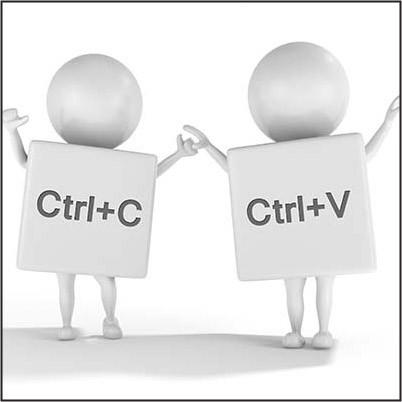
Just like the other Microsoft products in the Office suite, like Word and Excel, Outlook has several keyboard shortcuts that you can use to be more productive. We’ve put together a handy guide of some of the most helpful keyboard shortcuts you should keep in mind to get the most out of Outlook.
As always, with quick guides like these, we urge you to consider printing out this message so that you have it as a quick reference. You can use it to up your Outlook game!
Basic Outlook Functions
First, let’s talk about some of the most basic functions of Microsoft Outlook.
- Create a message: Ctrl + Shift + M
- Send a message: Alt + S
- Insert a file: Alt + N, A, F
- Delete an item: Delete
- Reply to a message: Alt + H, R, P
- Reply All to a message: Alt + H, R, A
- Forward a message: Alt + H, F, W
Navigating Outlook
The following keyboard shortcuts are used to move around Outlook and showcase different views.
- Switch to Mail: Ctrl + 1
- Switch to Calendar: Ctrl + 2
- Switch to Contacts: Ctrl + 3
- Switch to Tasks: Ctrl + 4
- Switch to Notes: Ctrl + 5
- Switch to Folders: Ctrl + 6
- Switch to Shortcuts: Ctrl + 7
- Switch to the next open message: Ctrl + .
- Switch to last open message: Ctrl + ,
Creating Items or Files
Sometimes you might need to make items within Outlook. Here are some of the most common types you might need.
- Create an appointment: Ctrl + Shift + A
- Create a contact: Ctrl + Shift + C
- Create a contact group: Ctrl + Shift + L
- Create a folder: Ctrl + Shift + E
- Create a meeting request: Ctrl + Shift + Q
There are so many keyboard shortcuts for Microsoft Outlook that we cannot list them all here, so for even more tips, be sure to check out Microsoft’s official website at this link.
What are some other tips that you would like to see us cover in the future? Let us know in the comments, and be sure to subscribe so you don’t miss a beat.
